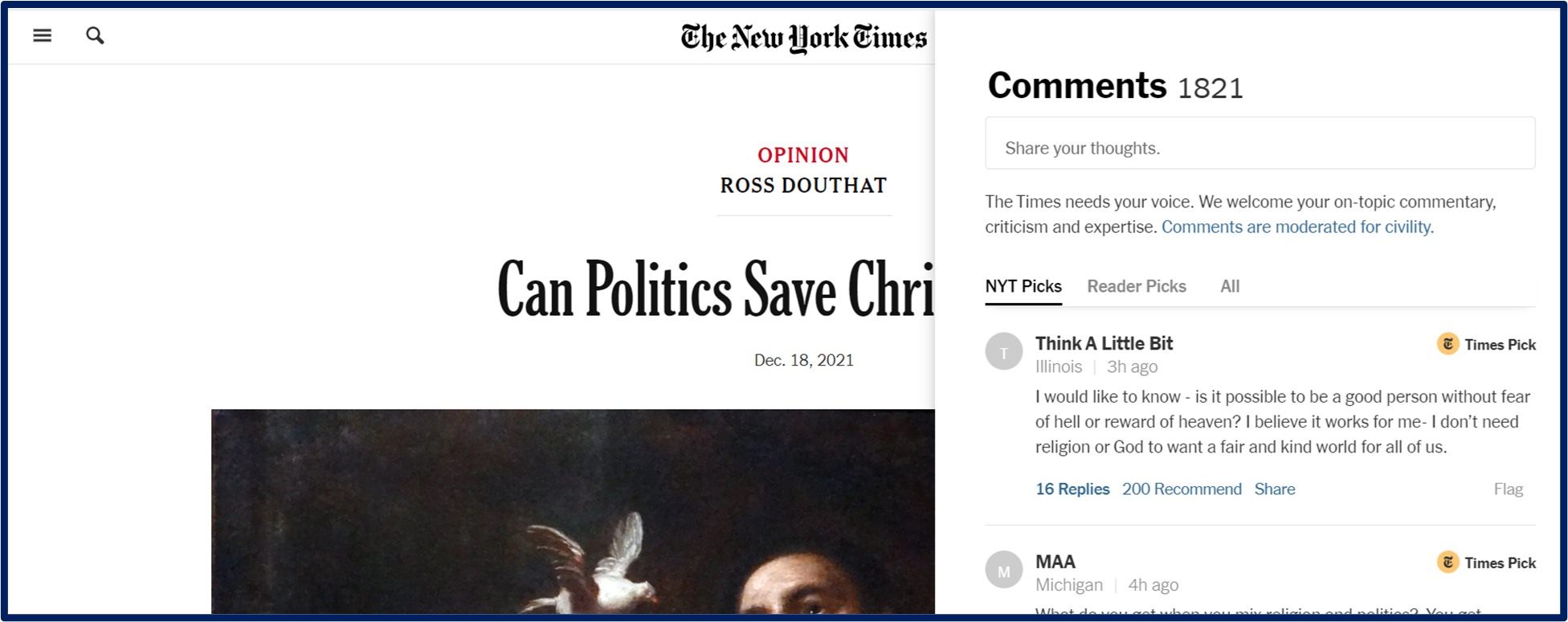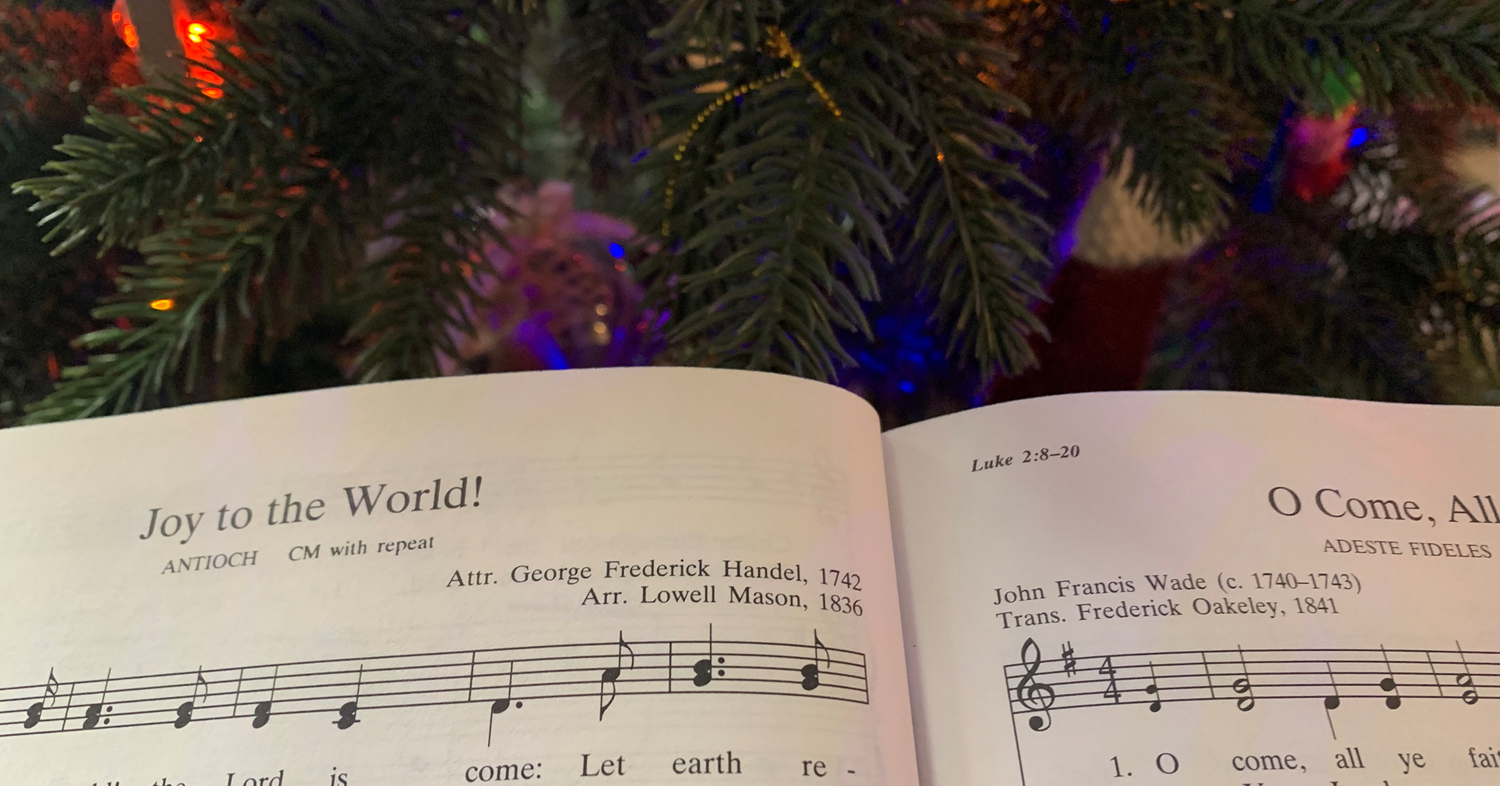Antonio Brown is, or maybe was, a an amazingly gifted wide receiver in the NFL. Also greatly troubled on and off the field. This past Sunday, Brown, who had been playing for the Super Bowl champion Tampa Bay Buccaneers, just up and quit. In the middle of a game with the New York Jets, he quit. He took off his helmet, his jersey, and his pads and walked off the field. After the game his coach said Brown was no longer on the team, but who knows. I am not a sports columnist, so go to ESPN or google “Antonio Brown” to get the latest news on the great quit.
Who hasn’t felt like just quitting? Oh, maybe not on national TV, maybe quitting a bit less dramatically than Antonio Brown, but who hasn’t felt like just quitting? Sometimes quitting might be the best thing to do – quitting a dead-end job, an abusive relationship, or an addictive habit. But that is not the kind of quitting I am talking about. I am talking about “the easy way out” kind of quitting.
I am about ready to quit this pandemic. I am tired, if not of the helmet and the pads, then of the masks and the worry. I am ready to quit. I might pull it off. Our pantry is pretty well stocked and, retired, we really don’t have to go anywhere. At least until Omicron peaks, we just might lock the door on the cocoon and wait it out. See you in February. Continue reading





